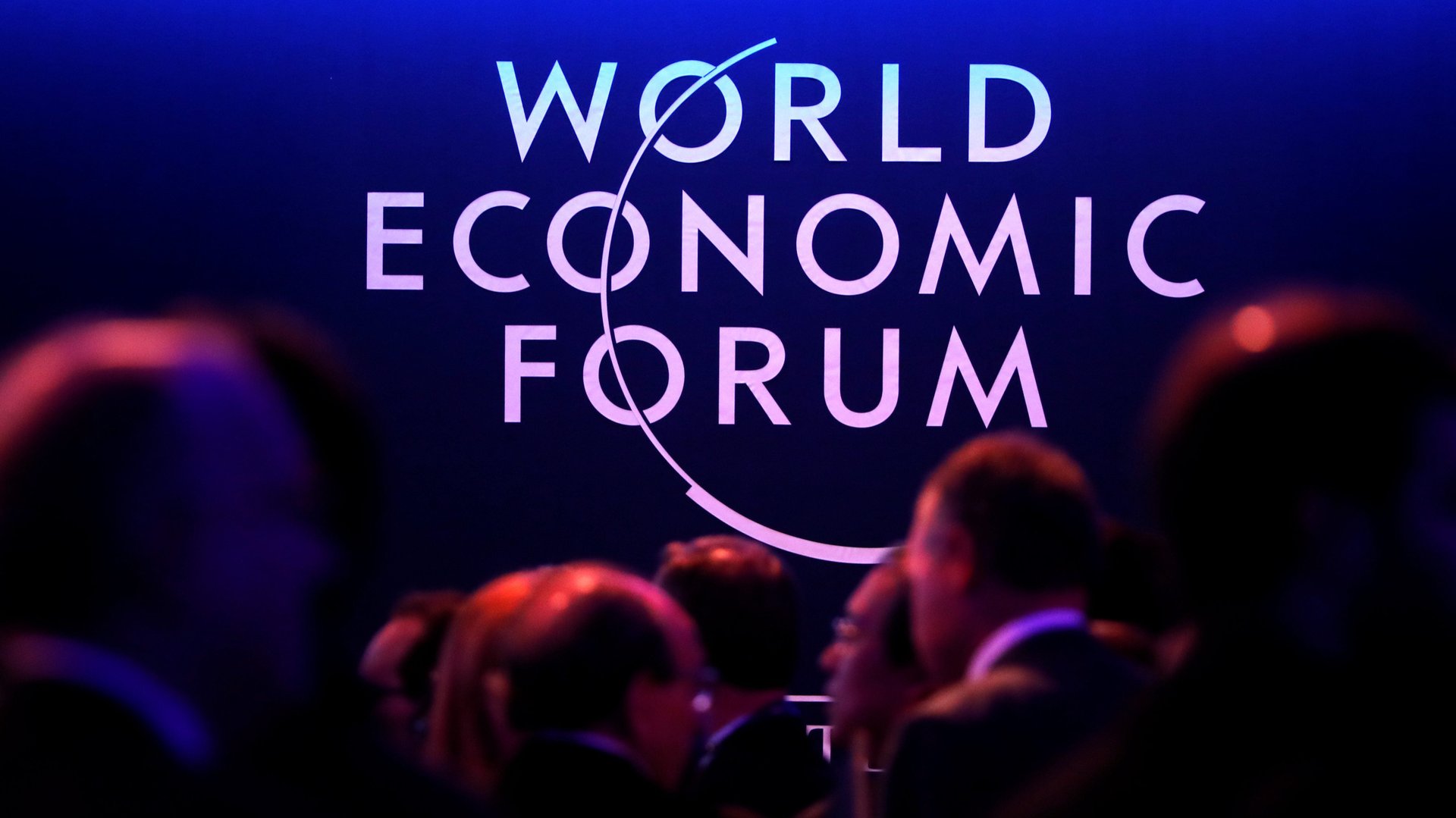Davos attendees are quietly planning to walk out of Trump’s speech
A growing number of Davos attendees are planning to walk out of US president Donald Trump’s speech at the World Economic Forum this Friday (Jan. 26), several conference-goers told Quartz, to protest his remarks about African countries earlier this month.


A growing number of Davos attendees are planning to walk out of US president Donald Trump’s speech at the World Economic Forum this Friday (Jan. 26), several conference-goers told Quartz, to protest his remarks about African countries earlier this month.
Trump repeatedly called African countries “shitholes” in a closed-door meeting about immigration, attendee Senator Dick Durbin and others have said.
Boycotting Trump’s Davos speech was first broached by Business Leadership South Africa CEO (and Davos attendee) Bonang Mohale in an open letter. Leaving Trump’s speech after he starts is probably more powerful than boycotting it entirely, some Davos attendees speculate.
At this year’s graduation ceremony at the University of Notre Dame, dozens of students and their families silently stood up and walked out as vice president Mike Pence spoke about freedom of speech.
African CEOs said they’d like Trump to acknowledge that he said something inappropriate, and say he’s sorry. “We’re only looking for that, just to apologize” said Luvuyo Rani, the CEO of Silulo Ulutho Technologies, a South African internet company. There’s no way Trump realizes the “damage” he’s caused, said Rani, who added he wasn’t sure whether he’d attend the speech or not.
Trump is scheduled to meet with Rwandan president Kagame, who is also chairman of the African Union, to “reaffirm the US-Africa relationship and discuss shared priorities,” on Friday, the White House said. Trump’s speech is scheduled for the early afternoon on Friday.
Trump’s remarks aren’t likely to do much damage to long-term trade and investment between the US and African nations, Rani said. South Africa has deep connections with America, he said, including a history of sending students to colleges there and a close trade relationship. “We’ve got a long history,” he said, and that’s not going away overnight.